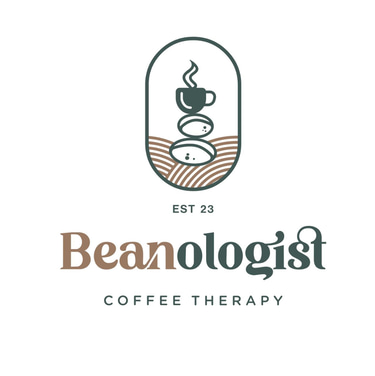Is Decaf Coffee Really Better for You?
Coffee is one of the most beloved beverages worldwide, with millions of people starting their day with a steaming cup of joe. But for some, the caffeine in regular coffee can lead to jitters, anxiety, or sleepless nights.
2/4/20252 min read


Coffee is one of the most beloved beverages worldwide, with millions of people starting their day with a steaming cup of joe. But for some, the caffeine in regular coffee can lead to jitters, anxiety, or sleepless nights. Enter decaf coffee—a popular alternative that promises the same rich flavor without the buzz. But is decaf coffee really better for you? Let’s dive into the facts to help you decide.
What Is Decaf Coffee?
Decaf coffee is made by removing most of the caffeine from coffee beans. While the process varies, it typically involves soaking the beans in water or using solvents to extract the caffeine. The result is a beverage that contains about 97% less caffeine than regular coffee. A standard cup of decaf has only 2-5 milligrams of caffeine, compared to 95 milligrams in a regular cup.
The Benefits of Decaf Coffee
Reduced Anxiety and Jitters
Caffeine is a stimulant that can increase heart rate and cause anxiety in some people. Decaf coffee allows you to enjoy the taste of coffee without these side effects, making it a great option for those sensitive to caffeine.Better Sleep
Caffeine can stay in your system for hours, potentially disrupting your sleep cycle. Switching to decaf, especially in the afternoon or evening, can help you avoid sleep disturbances.Rich in Antioxidants
Decaf coffee retains many of the antioxidants found in regular coffee, such as hydrocinnamic acids and polyphenols. These compounds help fight inflammation and protect your cells from damage.Gentler on the Stomach
Some people find that regular coffee irritates their stomach or causes acid reflux. Decaf coffee is often less acidic, making it a gentler option for those with sensitive digestive systems.
Potential Downsides of Decaf Coffee
Processing Methods
Some decaffeination processes use chemicals like methylene chloride or ethyl acetate. While these are generally considered safe in small amounts, some people prefer naturally processed decaf coffee to avoid any potential risks.Lower Caffeine Benefits
Caffeine isn’t all bad—it can boost alertness, improve focus, and even enhance athletic performance. If you rely on these benefits, decaf might not be the best choice for you.Taste Differences
While modern decaf coffee has come a long way, some coffee enthusiasts argue that decaf lacks the depth and complexity of regular coffee. However, this is largely subjective and depends on the brand and brewing method.
Who Should Choose Decaf?
Decaf coffee is an excellent choice for:
Pregnant or breastfeeding women, who are often advised to limit caffeine intake.
People with heart conditions or high blood pressure, as caffeine can temporarily raise blood pressure.
Individuals who experience anxiety, insomnia, or digestive issues from regular coffee.
Anyone who wants to enjoy coffee later in the day without affecting their sleep.
The Verdict: Is Decaf Better for You?
The answer depends on your individual health needs and preferences. Decaf coffee offers many of the same benefits as regular coffee, with fewer side effects for those sensitive to caffeine. However, if you enjoy the energy boost and cognitive benefits of caffeine, regular coffee might be the better option.
Ultimately, both decaf and regular coffee can be part of a healthy diet when consumed in moderation. The key is to choose high-quality coffee, pay attention to how your body responds, and enjoy your cup—whether it’s caffeinated or not.
Tips for Choosing the Best Decaf Coffee
Look for brands that use the Swiss Water Process or carbon dioxide (CO2) method, which are chemical-free decaffeination techniques.
Opt for organic decaf coffee to avoid exposure to pesticides and chemicals.
Experiment with different roasts and brewing methods to find a decaf coffee that suits your taste buds.

